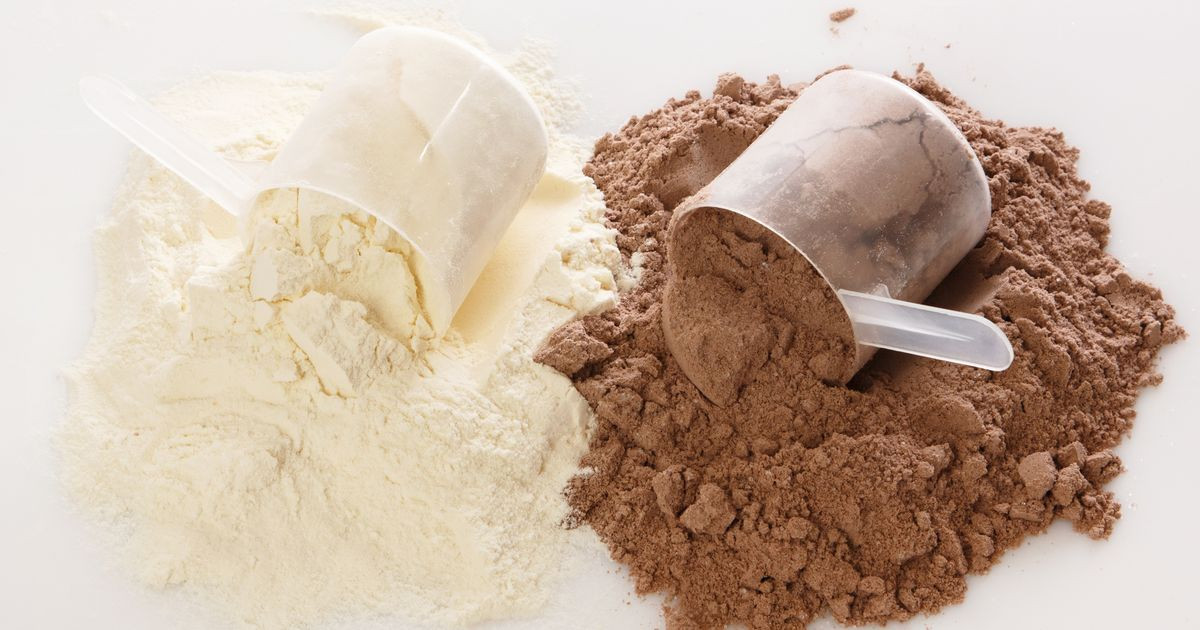The Essential Guide To Protein
Protein is an incredibly essential nutrient, but opinions often differ as to just how much of it is needed in a healthy diet. Protein is the main building blocks of the body and is used to make muscles, tendons, organs, skin, enzymes, hormones, and other molecules.
But what exactly is protein? Can it be found in vegetarian and vegan diets? Can someone consume too much protein? Where is it found? Learn the answers to all of these questions and many more in this guide.
What Exactly Is Protein?

Protein is a macronutrient not only crucial for building muscle but also has a vital role in many aspects of the body. A healthy, lean person’s body is composed of roughly sixty-two percent water, sixteen percent fat, six percent minerals, less than one percent of carbohydrates, and sixteen percent protein. But what is protein?
Protein is made of amino acids, which are commonly found in meats and animal products but can also be acquired through nuts and legumes. These amino acids combine to form a protein which is used to help the body grow, break down food, repair tissue, and perform many other body functions.
Now that you know what protein is, keep reading to learn how much is required throughout the day.
How Much Is Needed?

The Dietary Reference Intake (DRI) for protein each day is 0.8 grams of protein for every kilogram of body weight or 0.36 grams per pound. On average it is estimated men should consume fifty-six to ninety-one grams of protein each day and women should consume forty-six to seventy-five grams every day. However, if someone is striving to gain weight, it has been reported there should be one to 1.5 grams of protein for every pound of body weight.
To obtain this amount try eating high-protein foods, which include steak, lean ground beef, pork chops, skinless chicken breast, turkey breast, sockeye salmon, and yellowfin tuna. Non-meat options for high-protein foods include greek yogurt, cottage cheese, eggs, two percent milk, navy beans, lentils, peanut butter, assorted nuts, quinoa, and edamame.
Next, find out how protein can help gain muscle and strength.
